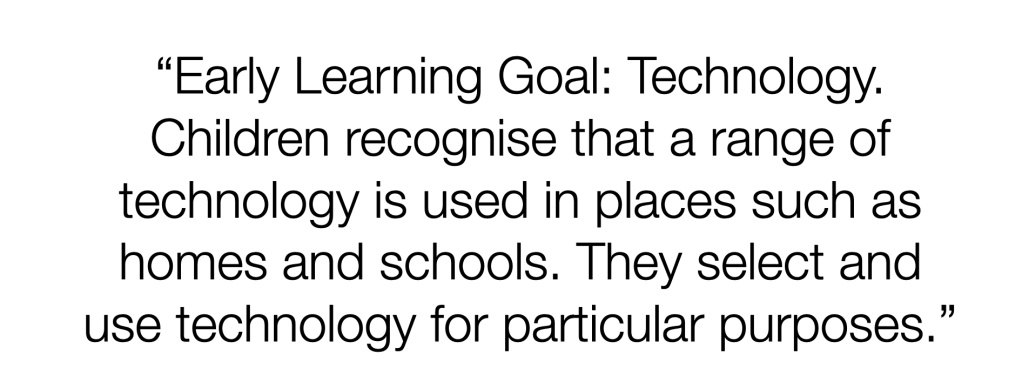Attending the Apple Distinguished Educator Institutes at the end of each academic year is my time to reflect on the year of teaching and recharge for another year of learning. A global gathering of innovative educators who share vision and values for learning that are similar to mine. These global gatherings for reflection and collaboration are more important now than ever before. An education based institute attended by almost 400 educators representing 37 countries makes for an empowering experience. Coming together in one place in a unique opportunity to learn across cultures and boundaries. The walls of the ADE Institutes don’t divide us; they unite us as one community.
Often in education, barriers are put up in teaching and divisions are made when debating what is the best way to learn. These kinds of walls can slow down innovation and creativity in the teaching community, which impacts on the children we teach. The children that nobody else knows, but us, their class teachers.

At Institute, we might be inside the walls of a conference, but these walls don’t divide us. They bring us together and become a think tank for creativity, for what is possible when we stand united as a community of innovative educators. The Apple Distinguished Educator community came together again in Austin, Texas, to build teaching ideas and strengthen confidence to try something new that will make a change to learning. With this courage and opportunity to be creative, we evaluate our practice, refine it and make it the best it can be, without any walls dividing us. I gain the confidence to share my work, my ideas and my vision to lead the charge for change in my school and the educators I connect with.
This year’s Institute was themed around Everyone Can Create. A simple statement but a complex idea behind it. Everyone can create, and everyone should be creating. Teachers, students, adults, children. Everyone. Everyone should be encouraged to create, because creating is in our DNA. It’s our personality, it’s our identity and it’s how we move forward and make a difference, together. Creativity should be at the heart of education, because it is creativity that solves problems, builds good communicators and makes the world not only a more interesting place to live, but a more successful place to live.
Continue reading →



 Enabling Environments theme should ‘value all people’ and all learning. Yet there is a division in the early years community about the role of technology in learning. Our young children have access to technology in the home and there are an abundance of reports and opinions claiming screen time is a contributing factor towards low attainment in physical, social and language development. For this reason, there are settings who switch off to technology provision.
Enabling Environments theme should ‘value all people’ and all learning. Yet there is a division in the early years community about the role of technology in learning. Our young children have access to technology in the home and there are an abundance of reports and opinions claiming screen time is a contributing factor towards low attainment in physical, social and language development. For this reason, there are settings who switch off to technology provision.




 Our time in Brazil wrapped up with a visit at the Mayor’s Office and a meeting with University of Pernambuco at the British Consulate. At both of these meetings planning for the future took place. Great progress has been made with local schools and partners here over the last 13 days and moving forwards with the onebillion maths intervention seems likely. On my final visit to ABA Global school I was presented with a gift from peace linguist, and President of the Board at ABA Global Education, Francisco Gomes de Matos:
Our time in Brazil wrapped up with a visit at the Mayor’s Office and a meeting with University of Pernambuco at the British Consulate. At both of these meetings planning for the future took place. Great progress has been made with local schools and partners here over the last 13 days and moving forwards with the onebillion maths intervention seems likely. On my final visit to ABA Global school I was presented with a gift from peace linguist, and President of the Board at ABA Global Education, Francisco Gomes de Matos:



